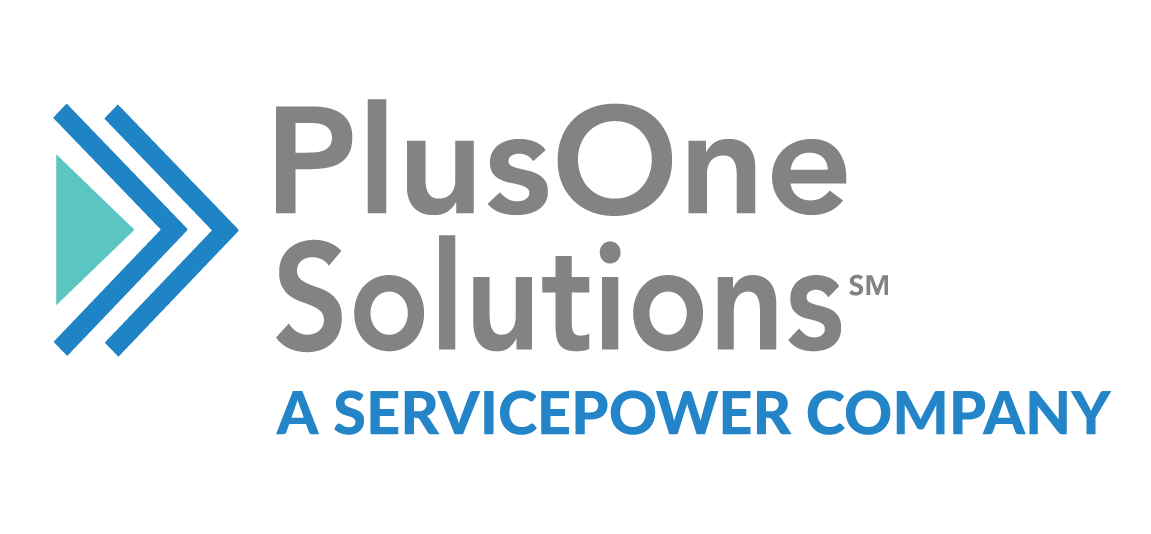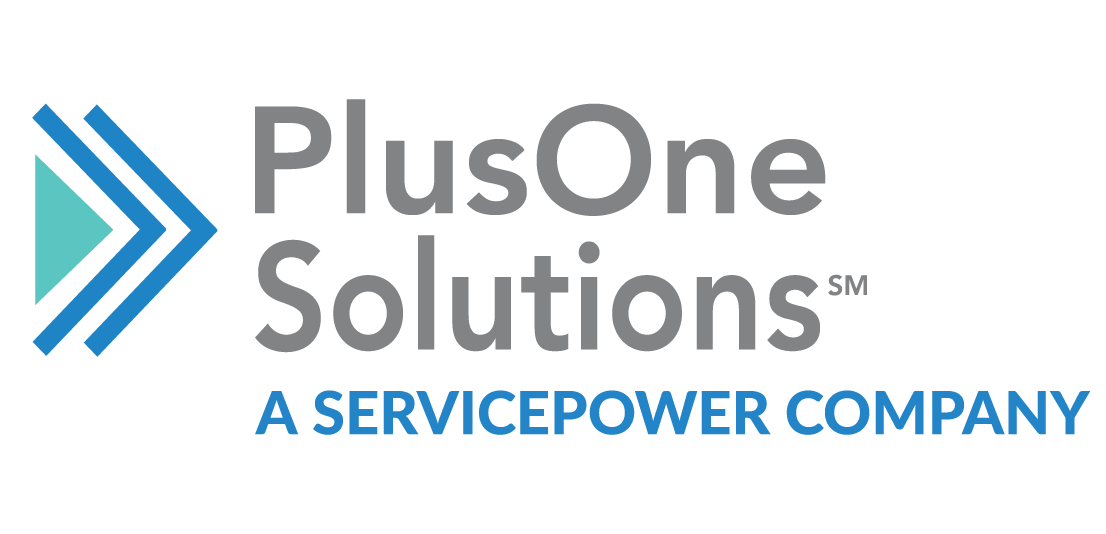In today’s compliance-driven business environment, vendor license monitoring is a critical safeguard for companies that rely on contractor networks. This process ensures every vendor, technician or contractor holds valid, up-to-date trade licenses before performing work on your behalf. For organizations in high-risk industries—like HVAC, electrical, telecom and home warranty services—monitoring licenses isn’t just about documentation. It’s about reducing exposure to fines, lawsuits and service disruptions that can directly affect safety, customer trust and revenue.
Vendor license monitoring provides continuous visibility into the credentials that validate your third-party workforce. It helps compliance teams confirm that contractors are qualified and authorized under state or local laws to perform their work. When organizations lack this visibility, even a single expired license can create ripple effects, halted projects, denied insurance claims or costly investigations from regulatory agencies.
For businesses, especially those operating across multiple states with thousands of contractors, the risk is compounded. Each jurisdiction maintains different licensing requirements, renewal timelines and penalties for violations. Without an integrated approach to contractor license compliance, these moving parts can overwhelm internal teams and increase liability exposure.
High-risk industries carry heightened regulatory oversight and greater potential for public harm. That’s why license monitoring shouldn’t be viewed as optional—it’s a proactive defense against compliance failures that threaten both reputation and profitability.
The High-Stakes Nature of Licensing in Certain Industries
Some industries can’t afford even a momentary lapse in compliance. HVAC technicians work with electrical systems and refrigerants that require strict oversight. Electricians face complex permitting laws that vary by jurisdiction. Telecom contractors maintain essential infrastructure that keeps communities connected. Home warranty service providers send workers into private homes, often under promises of safety and professionalism.
If a contractor’s license expires or becomes invalid, the consequences can escalate quickly. Regulatory agencies can issue stop-work orders, suspend business operations or impose penalties that climb by the day. Beyond financial penalties, companies risk losing insurance coverage for work completed by unlicensed vendors—leaving them exposed to damages and customer claims.
A lack of vendor license verification doesn’t just create operational risk; it damages credibility. Publicized violations or regulatory actions can erode customer trust and attract greater scrutiny from oversight agencies. Once a compliance failure occurs, reputational recovery can take years.
In industries where consumer safety and service reliability are non-negotiable, maintaining license compliance in high-risk industries requires ongoing diligence. Regulators expect organizations to demonstrate active compliance efforts—meaning it’s not enough to check licenses once a year or at onboarding. Companies must be able to prove that every contractor in their network remains properly licensed at all times.
PlusOne Solutions helps organizations stay ahead of these challenges by providing continuous license verification across vendor networks. This proactive approach ensures that compliance gaps are identified before they lead to violations, reinforcing both accountability and public trust.
The Cost of Non-Compliance
When organizations fail to maintain proper license management, the financial, legal and reputational consequences can be severe. Regulatory agencies at the state and federal levels impose regulatory fines for non-compliance that can reach tens of thousands of dollars per incident. Those penalties often multiply when violations involve multiple unlicensed contractors or extend over long periods.
Beyond government fines, businesses face lawsuits and insurance complications. An unlicensed contractor who causes an injury or property damage can render insurance policies void, leaving the hiring company responsible for the entire cost of the claim. Clients may also file breach-of-contract suits, arguing that the company failed to ensure its vendors met licensing requirements.
The financial impact doesn’t stop there. Compliance breakdowns also create inefficiencies that drain time and resources. Many companies still rely on manual spreadsheets or disconnected systems to track thousands of licenses across multiple states. This fragmented approach increases the risk of missed renewals, outdated records and inaccurate reporting—problems that often surface during audits or investigations.
By comparison, investing in a systemized, audit-ready license monitoring process delivers measurable returns. It reduces administrative burden, eliminates manual tracking errors and ensures accurate, real-time documentation. When regulators or insurers request proof of compliance, businesses can respond immediately with validated records.
The cost of non-compliance far outweighs the investment in automation. Companies that prioritize structured, centralized license management are better positioned to minimize risk, maintain continuity and protect their brand reputation over the long term.
Why Manual Tracking Isn’t Enough
Spreadsheets, shared drives and email reminders may work for small contractor networks—but they quickly break down at scale. When you’re managing hundreds or thousands of vendors across multiple states, each with its own license types and renewal timelines, manual tracking becomes a liability.
The risks are predictable, missed renewals, outdated records and inconsistent documentation across teams. Human error creeps in, and without centralized visibility, no one can be sure if every contractor is fully compliant. A single oversight—a license that expired two days ago or a missed renewal alert—can snowball into project delays, penalties or a suspension of services.
Manual tracking also limits transparency. Compliance leaders can’t generate real-time reports or confirm which vendors are cleared to work without chasing down information across multiple systems. This inefficiency eats up time and exposes organizations to unnecessary risk.
Automated systems solve these challenges by centralizing license management and streamlining communication between compliance teams and vendors. By replacing spreadsheets with technology, companies can move from reactive monitoring to proactive oversight—minimizing risk while freeing up valuable administrative bandwidth.
The Case for Systemized License Monitoring
A systemized, automated approach transforms license monitoring from a reactive task into a strategic advantage. Through vendor screening solutions like those offered by PlusOne Solutions, organizations gain access to tools designed for accuracy, scalability and accountability.
An automated license monitoring platform can:
- Verify licenses in real time across jurisdictions and industries
- Send automatic renewal reminders before expiration dates
- Provide centralized dashboards for at-a-glance compliance insights
- Generate audit-ready reports to demonstrate ongoing due diligence
These capabilities eliminate manual errors and help companies maintain continuous, documented proof of compliance. For operations teams, automation reduces administrative burden and accelerates onboarding by ensuring that every contractor meets requirements from day one.
Audit readiness is another major advantage. When regulatory agencies or clients request validation, a digital system provides timestamped, verified records—an indisputable record of compliance efforts. This level of documentation not only protects your organization from penalties but also strengthens its reputation with regulators and customers alike.
In short, an automated, audit-ready license monitoring solution ensures that compliance isn’t a one-time event but a continuous process that scales with your contractor network.
Industries That Can’t Afford to Ignore License Monitoring
While all businesses face regulatory risks, certain sectors operate under greater scrutiny and higher stakes. For these industries, failing to monitor contractor licenses can have immediate and lasting consequences:
- HVAC and Electrical: Contractors work with complex systems that pose significant safety risks. An unlicensed technician can void insurance coverage, trigger state fines or cause property damage. State licensing boards routinely audit these trades, and penalties for expired or invalid credentials are steep.
- Telecom: With contractors maintaining and installing essential infrastructure, non-compliance can threaten public safety and lead to serious regulatory action. Telecom companies are often required to show proof of licensing for each subcontractor, making proactive verification essential.
- Home Warranty: Service providers in this space send technicians directly into customers’ homes. One unlicensed visit can violate contractual terms, lead to denied claims or even result in lawsuits. Continuous license monitoring ensures every contractor meets the standard of care customers expect.
In all of these sectors, license compliance in high-risk industries isn’t just about meeting regulatory requirements—it’s about protecting the company’s reputation and the consumers who rely on its services.
For companies operating in high-liability industries, vendor license monitoring should be viewed as an essential component of a broader compliance strategy—not a background task. The risks of non-compliance are too great, from steep fines and lawsuits to long-term damage to customer trust.
Systemized monitoring offers a scalable way to track, verify and maintain contractor credentials across every location and trade. By integrating real-time alerts, verified reporting and centralized oversight, businesses stay ahead of renewals, audits and evolving regulations.
Partnering with a trusted compliance expert like PlusOne Solutions gives organizations confidence that every vendor in their network meets legal and contractual requirements—every day. With a unified system for license verification, COI management and background screening, PlusOne Solutions helps companies minimize risk, maintain operational continuity and safeguard their reputation in even the most demanding industries.



